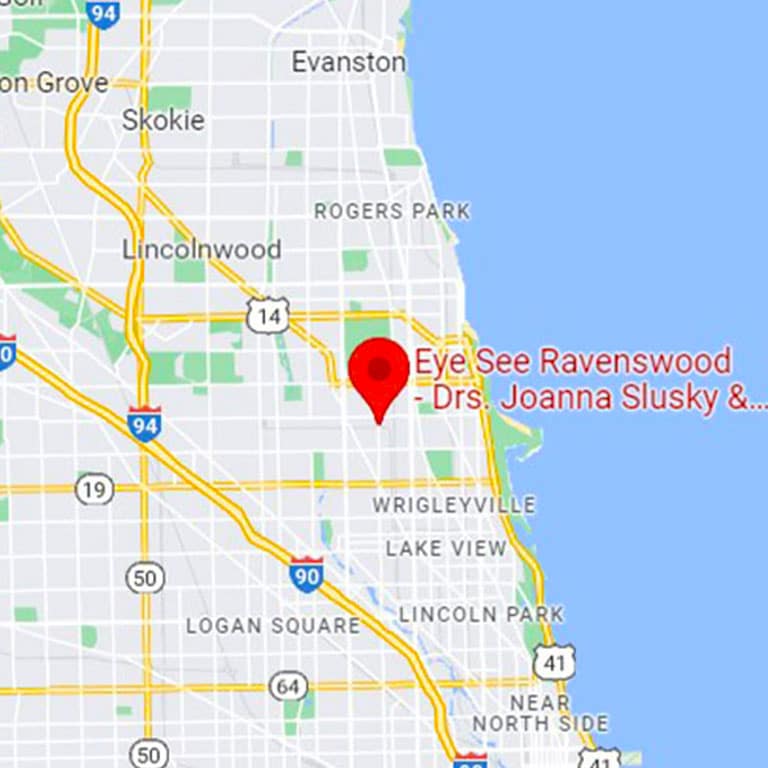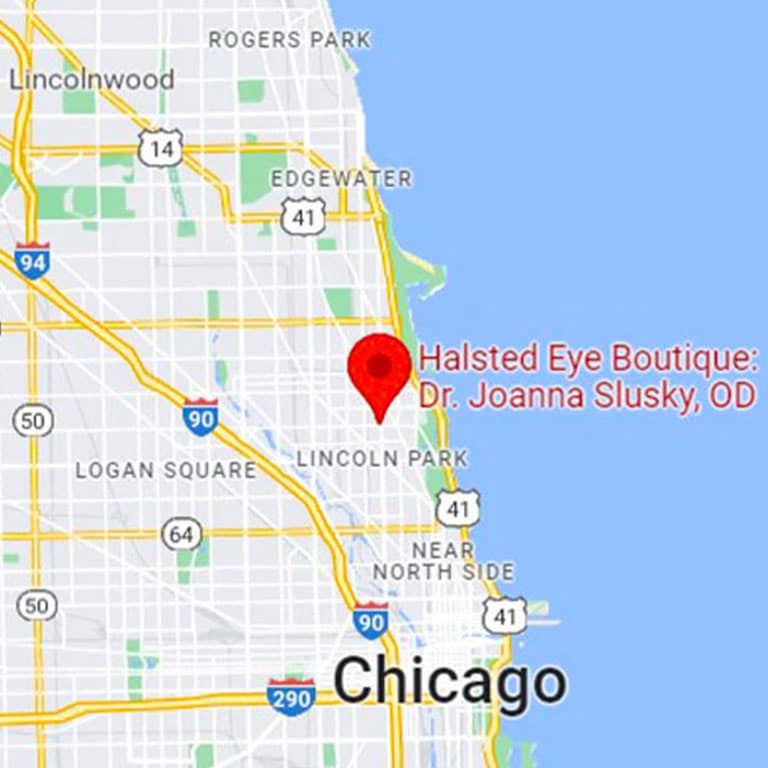Dry Eyes
WHAT ARE THE COMMON SYMPTOMS OF DRY EYE?
Dry eye can impair your ability to read, drive, work on the computer and wear contact lenses. It is the most common condition that an Optometrist will encounter in practice.
Most common symptoms of Dry Eye include:
- Blurry vision
- Redness
- Stinging / Burning
- Itching
- Excessive tearing / watery eyes
- Sensitivity to light
- Gritty / sandy / scratchy feeling
- Foreign body sensation (feeling like something is always in eye)
- Eye pain or discomfort
- Tired eyes / eye fatigue
- Stringy mucus in or around the eyes
- Eyes tough to open in the morning
- Contact lenses discomfort
- It’s tough to remove contact lenses at the end of the day
- Excessive eye irritation in windy, smoky, or low humidity conditions
TYPES OF DRY EYE
There are two main forms of dry eye: Evaporative and Aqueous Deficient.
Aqueous deficient dry eye occurs when the Lacrimal Gland, which produces the watery portion of the tears, does not produce enough AQUEOUS to keep the eye comfortable and moist. Decreased tear production associated with dry eye may be caused by any condition that decreases sensation of the cornea (the transparent membrane covering the iris and pupil) or damages the tear glands, called lacrimal glands. As corneal sensation is part of the tear-making response, eyes with decreased sensation will tear less. Some of the causes of decreased corneal sensation include long-term contact lens wear and certain viral infections. The most common cause of lacrimal gland damage is Sjögren’s syndrome, a chronic inflammatory disease in which mucous membranes, especially those in the eyes and the mouth, become extremely dry. Primary Sjögren’s occurs alone with no other associated disorders, while secondary Sjögren’s is often accompanied by other autoimmune disorders such as lupus or rheumatoid arthritis.
Treatment for this type of dry eye consists of using:
- preservative free artificial tears to replace the moisture
- punctal plugs to stop the tears from draining quite so fast and keep more tears on the eye for a longer period of time
- cyclosporine (Restasis) or lifitegrast (Xiidra) – prescription eye drops that can increase tear production in some cases
- Drinking more water
- Using a humidifier
- TruTear
Evaporative dry eye occurs when the LIPID LAYER of the tears is deficient. Approximately 86% of all dry eye patients have evaporative dry eye, which is caused by Meibomian Gland Dysfunction (blockages in the meibomian glands located in upper and lower eyelids). There are ~ 75 of these glands in the lids of each eye and they create the oil layer that prevents the tears from evaporating too quickly. Tears can evaporate up to 16x faster with a deficient lipid layer! The lipid produced by a normal functioning meibomian gland has the consistency of olive oil and flows freely. With Meibomian Gland Dysfunction, this oil can have the consistency of toothpaste and can be trapped in the glands. With chronic disease, the structure can change by shortening or by completely shutting down. This damage is irreversible and can cause worsening of symptoms.
Treatment for this type of dry eye consists of using:
- Omega 3
- Heat therapy
- Blinking exercises
- Usage of cosmetics and skincare that are not harming the meibomian glands
- BlephEx – in office treatment to remove plaque that could be coating the opening to your meibomian glands preventing them from functioning properly
- TearCare – 14 minute in office heated “SPA-LIKE” treatment that unclogs the glands and removes the thickened oil from the glands to restore healthy function
WHAT CAUSES DRY EYE?
Of dry eye sufferers, ~ 70% are women, however at Halsted Eye Boutique, our Optometrists understand that Chronic Dry Eye Syndrome may arise due to a variety of other reasons:
Lid disease and function
- Blepharitis
- Meibomian Gland Dysfunction
- Frequent styes
- Incomplete blinking
- Infrequent blinking
- Incomplete closure of eyes while sleeping
- Lash extensions – the abnormal eyelash:eyelid length ratio negatively alters the wind-and-debris–deflecting properties of the physiologic eyelash.
- Lash extension glue – contains high levels of volatile organic compounds and ocular surface-irritating benzoic acid and formaldehyde. (Claims that glues are “formaldehyde free” are inaccurate).
- Dying the eyelashes with tint – can cause conjunctivitis and dermatitis
- Permanent lid tattoo – decreases meibomian gland function and increases the speed of evaporation of tears
- Lash growth serums formulated with prostaglandin analogues – Prostaglandin analogues can induce changes in eye color, changes in eyelid skin (loss of periorbital fat and darkening of the skin, AKA prostaglandin-associated periorbitopathy), stinging, blurred vision, eye redness, itching, and burning. This ingredient is not approved by the FDA for OTC cosmetic use, but we have found at least one example of its prohibition being ignored. They also promote inflammation on the ocular surface and disrupt tear film production and expression at all 3 layers. This includes the water layer of our tear film (expressed by the lacrimal gland) and the mucin layer (expressed by the goblet cells on the surface of the conjunctiva). Inflammation also promotes thickening of the oil secretions (sebum) expressed by the meibomian (sebaceous) glands, which run vertically through our top and bottom eyelids and are responsible for secreting the top coat oils that hold the water and mucin layers of our tear film onto the surface of the eye. Every time we blink, the meibomian glands secrete their oil. If that oil is too thick, it’s difficult for the eyelids to spread it evenly over the surface of the eye –more like toothpaste than olive oil. It may even get so thick that the oil blocks and backs up in the gland. This will slowly but surely damage the gland permanently. If the meibomian glands atrophy or die off, the body is not able to repair the tissue and the gland becomes permanently nonfunctional. The result is irreversible and often severe dry eye. Latisse (bimatoprost) is a popular prescription prostaglandin analogue lash growth treatment. Most popular OTC lash growth serums using synthetic prostaglandin analogue include:
- Xlash Eyelash Enhancer (Myristoyl Pentapeptide 17)
- Neulash (Isopropyl Cloprostenate)
- NeuveauBrow (Isopropyl Cloprostenate)
- RevitaLash (Dechloro Dihydroxy Difluoro Ethylcloprostenolamide)
- Nutraluxe MD Lash (Isopropyl Cloprostenate)
- M2 Lashes Eyelash activating serum (Methylamido Dihydro Noralfaprostal )
- Peter Thomas Roth Lashes to die for Platinum (Myristoyl Pentapeptide 17)
- Rodan and Fields Lash Boost (Isopropyl Cloprostenate)
Makeup / Cosmetics
- WATERPROOF EYE MAKEUP
- SPARKLY EYE SHADOW
- BENZALKONIUM CHLORIDE (BAK)
- PARABENS AND SULFATES
- RETINOL
- Applying eyeliner to the waterline
- Sleeping in makeup
Medications
- Any Bottled Artificial Tears – if they’re not preservative-free, they contain BAK and can cause more harm than benefit if used >4x/day
- Visine – addictive, less effective with continued use and loaded with BAK)
- ClearEyes – addictive, less effective with continued use and loaded with BAK)
- prostaglandin analogue drops for glaucoma
- Antihistamines
- Decongestants
- Acne meds / creams
- Antidepressants
- Anti-anxiety
- Antipsychotics
- Vitamin A analog
- Beta-Blockers
- Blood pressure meds
- Sleep aids
- Hormone therapies
- Chemotherapeutics
- Diuretics
- Analgesics
- Gastrointestinal meds
- Oral contraceptives (birth control)
- Avoid periocular use of Preparation H (Pfizer Consumer Healthcare) near the eyes. If you are concerned regarding persistent bags under the eyes, I recommend seeing an oculoplastic surgeon or waiting for regulatory approval of a new topical preparation now in phase 3 trials meant to specifically address infraorbital bags, also known as “festoons.” I emphasize: Do NOT compromise your ocular surface health by using a rectal mucosal OTC agent near your eyes.
Systemic Disease & Conditions
- Diabetes
- Sjogren Syndrome
- Rheumatoid arthritis
- Systemic Lupus Erythematosus
- Thyroid eye disease
- Pregnancy
- Menopause
- vitamin A deficiency
- Riley-Day syndrome
- inflammatory conditions
- Graves Disease – Dry eye is a frequent cause of ocular discomfort in this common autoimmune condition. It’s due to mechanical impairment of the eyelids as well as immune-mediated lacrimal gland dysfunction and meibomian gland dysfunction
- Multiple Sclerosis – This demyelinating disease can lead to severe dry eye. In MS, poor corneal sensory impulse conduction can result in insufficient tear production, and lagophthalmos-associated Dry Eye Disease can occur due to poor motor control. These patients may have limited ability to instill drops and perform lid hygiene properly; thus, punctal plugs, humidifiers and in-office blepharitis therapies may be crucial.
- Dermatological Conditions – i.e. Eczema, Rosacea – can develop blepharitis, MGD and associated Dry Eye Disease; sometimes, these precede the cutaneous signs. Conventional blepharitis and MGD therapies such as eyelid hygiene and warm compresses, respectively, are mainstay therapies for mild cases. More advanced cases may necessitate topical or oral azithromycin and newer therapies such as intense pulse light and intraductal meibomian gland probing. Rosacea patients should also avoid any triggers such as stress, spicy food, alcohol and excessive sun exposure.
Climate
- Low humidity
- Cold weather
- Windy weather
- Allergy season
Extensive Visual Tasks
- overuse of digital devices causes the eyes not to blink as much
- computer use
- handheld device use (phones/tablets)
- extensive reading
Nutrition / Diet
- Not drinking enough water
- lack of Omega 6 FAs in diet
- lack of Omega 3 FAs in diet
- Alcohol consumption
- Caffeine consumption – coffee, energy drinks, caffeinated tea
- High salt intake – cured meats, soy sauce, bouillon cubes, movie theater popcorn
- High sugar intake – Sodas
- milk
- white asparagus
- fried foods
Lifestyle
- Natural aging process
- Frequent travel
- Use of ceiling fans
- Not getting enough sleep
- Excessive makeup use
- Unsafe makeup use
- Smoking
- Poor hygiene
Hygiene
- Sleeping in makeup – Remove makeup daily. Never use facial cleansers or hand soap to remove eye makeup.
- Using old mascara
- Using dirty makeup brushes
- Sharing makeup
- Sleeping in contacts
- long-term reusable (non-daily) contact lens use
- >12 hrs of contact lens wear in a day
- 7/days a week of contact lens wear
- Multipurpose solution use with contact lenses
- Not using fresh contact lens solution every night (AKA using same or adding)
- Not replacing your contacts within the # of days recommended by your Optometrist (AKA waiting until they bother you)
Botox
- Botox – The neurotoxin decreases peri-ocular wrinkles (AKA crows feet) by weakening the orbicularis oculi muscle. We always check baseline meibomian gland function and structure, using meibomian gland expression and Lipiview meibography for these patients and monitor for change over time. These patients tend to develop incomplete blinking and increased symptoms of Dry Eye Disease.
- Avoid the so-called Botox-in-a-jar ingredients found in OTC cosmetics: acetyl hexapeptide-8 or acetyl hexapeptide-8 (Argireline; Lipotec)
Surgery
- an occasional side effect of cataract surgery, lid surgery, or vision correction surgery such as LASIK or PRK.
Dry Eye Clinic Dr Slusky is committed to the care and non-surgical treatment of many conditions affecting the ocular surface. She has been specializing in Dry Eye Disease management for nearly 10 years. She examines and treats patients with dry eye associated with various conditions, including Sjögrens Syndrome, Hashimoto’s, Keratoconus, menopause, diabetes, as well as a number of other autoimmune conditions. She also evaluates patients with blepharitis, styes and allergic conjunctivitis. Dr. Slusky is accepting new patients for evaluation and management of dry eye and other ocular surface diseases 7 days a week. The Dry Eye Workup includes:Dry eye disease can dramatically impact the quality and comfort of your life. Although Over-The-Counter treatments are available, they are often not effective and can even make the problem worse! Halsted Eye Boutique is a Dry Eye Center of Excellence. Dr. Slusky and Dr. Katz use leading-edge diagnostic technology to evaluate each layer of your tears, pinpoint your particular tear deficiency issues, determine which type of dry eye is present, and create a comprehensive treatment plan.
- The evaluation takes about 45 minutes and looks at:
- Tear quality (volume, adherence, and composition)
- Ocular surface inflammation
- Meibomian gland function (upper and lower eyelid glands that produce the oil layer of tear film)
- Patient preparation for the day of the Dry Eye Workup:
- No drops, oil based facial creams, makeup or sunscreens should be used on the day of the evaluation.
- Do not use any ointment in the eyes for at least 24 hours prior to the appointment.
- Do not swim for one day prior to the visit.
- All aforementioned can affect the findings of the testing and render it useless.
- The tests will take approx. 30 min, and will not require a driver. Your vision will not be affected and you will see normally after the test. Feel free to speak with the dry eye counselor if you have any questions.
- Analysis of your Dry Eye Lifestyle Questionnaire (add link to SPEED form)
- This brief assessment allows us to understand how your eyes feel on a daily basis.
- Feel free to print out our online copy, complete the questionnaire, and bring it to your dry eye evaluation appointment.
- Review of your systemic medical conditions and medications
- This is very important! Please make sure you bring a complete list of your medications with you as many have eye side effects.
- Review of your skincare and cosmetics
- This is also very important! Please make sure you email us (drjoannaslusky@gmail.com) an ingredient list of all products that you use on your face as they may contain eye-offending chemicals that exacerbate dry eye. This may include:
- Face wash / cleanser / exfoliator / mask / toner / mist
- Eye cream
- Face cream / lotion / oil / serum
- Anti-aging products
- Lash growth serums
- Makeup remover / wipes
- Makeup (mascara, eyeliner, eyeshadow, primer, concealer, foundation)
- Shaving cream, after shave
- SPF
- Prescription grade creams / lotions
- Dry Eye Evaluation (Ocular Surface and Tear Film Analysis) will be performed to determine which TYPE of Dry Eye is present
- Dry Eye occurs when the eyes do not produce sufficient tears or the tears evaporate too quickly. Without proper treatment, inadequate tears can make daily activities frustrating, affecting your personal and professional life, from reading to watching TV, to driving or working on the computer.
- The most common form of Dry Eye is Evaporative Dry Eye, which affects 9 out of 10 (86%) Dry Eye cases. This form results from a shortage of oil in your tears caused by a blockage in your eyelid (Meibomian) glands, leading tears to evaporate faster than normal. This lack of tear oil is often referred to as Meibomian Gland Dysfunction (MGD).




